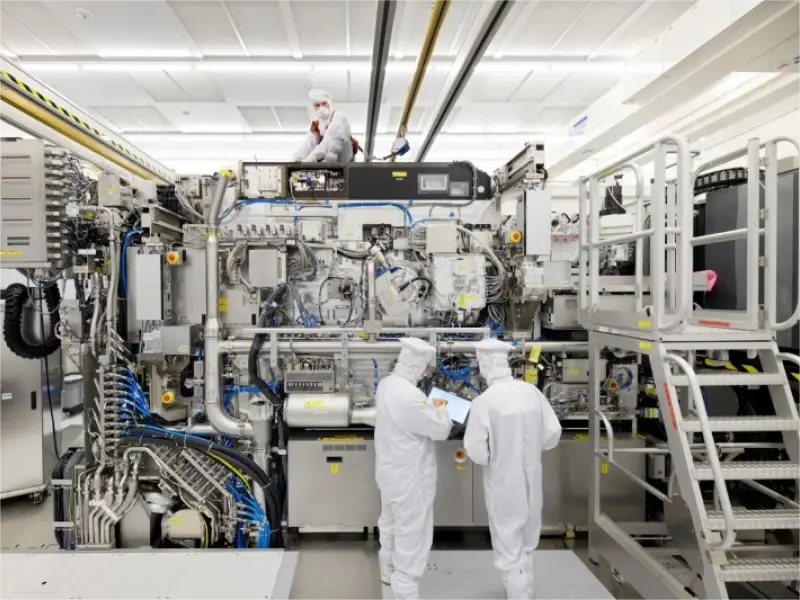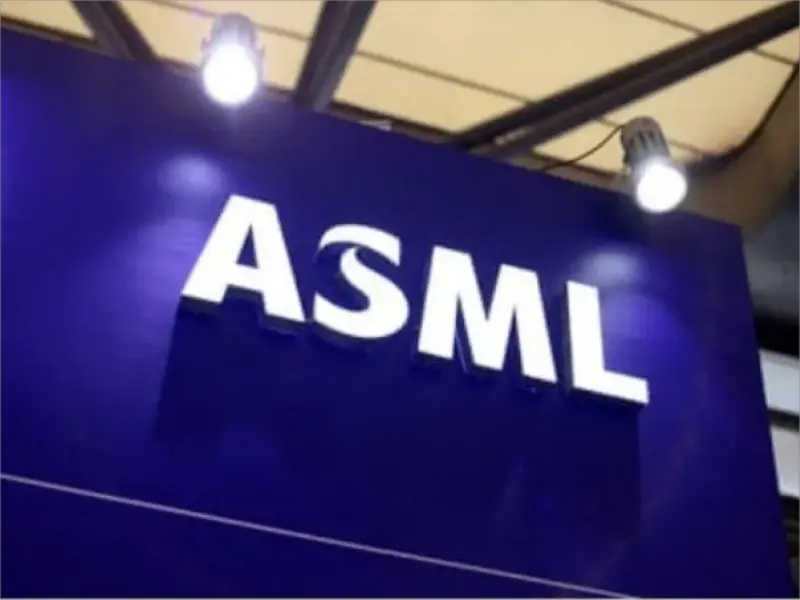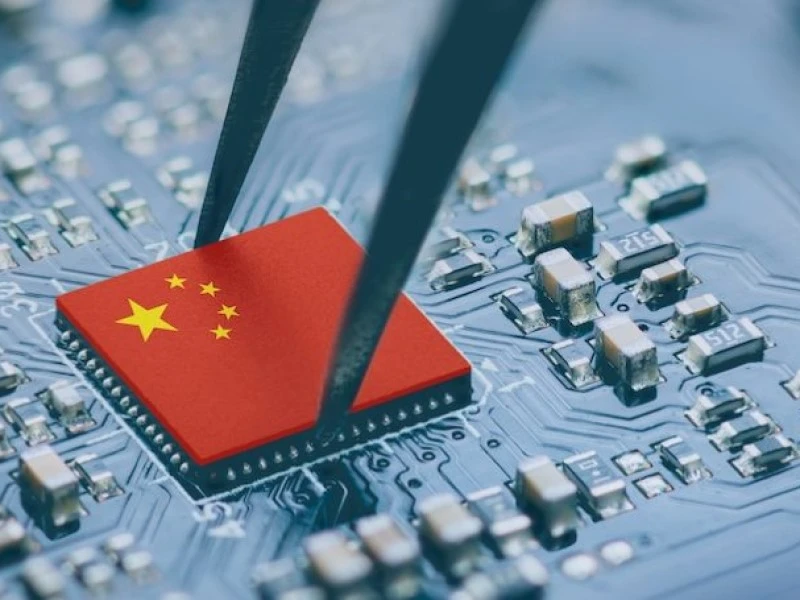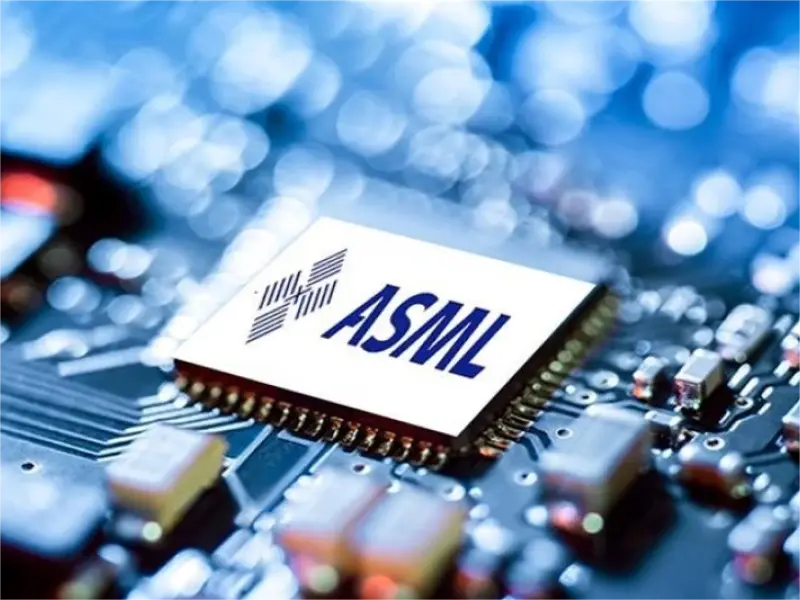- Leading chip company ASML said the Dutch government had banned it shipping some of its equipment to China through revoking export licence.
- China asked Netherlands to “respect market principles”.
- The U.S. is considered to be the driving force behind the ban.
Beijing criticises Netherlands’ move to block ASML exports to China
On January 1, 2024, chip industry giant ASML said the Netherlands government had revoked a shipment licence for NXT: 2050i and NXT: 2100i lithography systems – including its chip exports to China. In response, China urged Netherlands to “respect market principles” after the ban.
Through citing sources familiar with the matter, on Monday, Bloomberg said ASML was requested by the U.S. Biden administration to cancel some of its orders for lithography machines to China weeks before the announcement of the ban.

ASML forced to push
The company said, the government didn’t allow it to convey equipment to China by the confiscation of export licence, following pressure from the U.S. government aimed at crippling China’s ability to make its own chips, according to the latest reports from Reuters.
In 2023, the U.S. announced that Washington had the right to restrict the export of ASML’s “ Twinscan NXT1930Di” machine if it contained any United States components.
Shortly thereafter, several Dutch parliamentarians questioned the Netherlands’ Trade Minister about the correctness of the U.S. rule unilaterally restricting the export of another type of ASML’s chip-making machine to China.
‘‘In recent discussions with the U.S. government, ASML has obtained further clarification of the scope and impact of the U.S. export control regulations,” the company said in a statement. ‘‘ ASML is fully committed to comply with all applicable laws and regulations including export control legislation in the countries in which we operate.’’
ASML is an innovative leader in the global chip industry; however, it seems to be easily swayed by others in its decision making. In the last year, Netherlands has already reached an agreement with the U.S. on chip export licence, but now the U.S. has taken another big step by forcing Netherlands to take away its strategic autonomy.
As of now, not yet clear how many machines will be affected. Nonetheless, ASML shares fell 2.5% to close at $728.14 on the first trading day of 2024, according to Reuters.

China forced into technological independence
For China, regarding the possibility that the United States is acting as a driving force behind this ban, Wang emphasized at the official press conference on Tuesday, China consistently opposed the U.S. to coerce other countries to engage in “ technological embargo” against China under various pretexts.
“We urge Netherlands to uphold an objective and impartial stance and market principles…” Wang said. “take actions to protect the common interests of both countries and their companies, and maintain the stability of international supply chains.”
In recent years, China has always been one of ASML’s main markets. In particular, in the third quarter of 2023 the country becomes the largest market, with 46% of the company’s sales.
According to South China Morning Post, China’s imports of the Netherlands chip manufacturing equipment surged tenfold in November after the United States tightened restrictions.

In November, the country imported a total of 42 lithography systems with a total value of $816.8 million. Among them, 16 key chip manufacturing lithography systems worth $762.7 million were imported from Netherlands with a 10-fold increase year-on-year. Another 15 came from Japan.
Together, Netherlands and Japan accounted for almost the entire value of China’s lithography imports last month. 21 lithography systems worth $672.5 million were imported into China in October and the average unit price of imported equipment from Netherlands was 46% higher than in October.
Also read: US wants to curb China’s chip industry, but this startup is shaking things up
While the Chinese government has been investing heavily to develop a self-reliant semiconductor supply chain, China still has a long way to go in terms of technological self-reliance.
Being denied the purchase of two cutting-edge machines from ASML in Netherlands means that Chinese customers have to explore other options for sourcing similar equipment and mitigating the potential impact on production.

